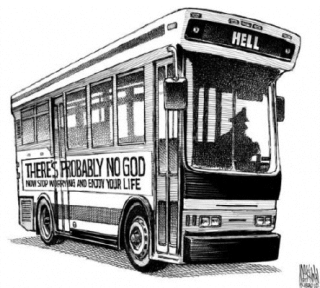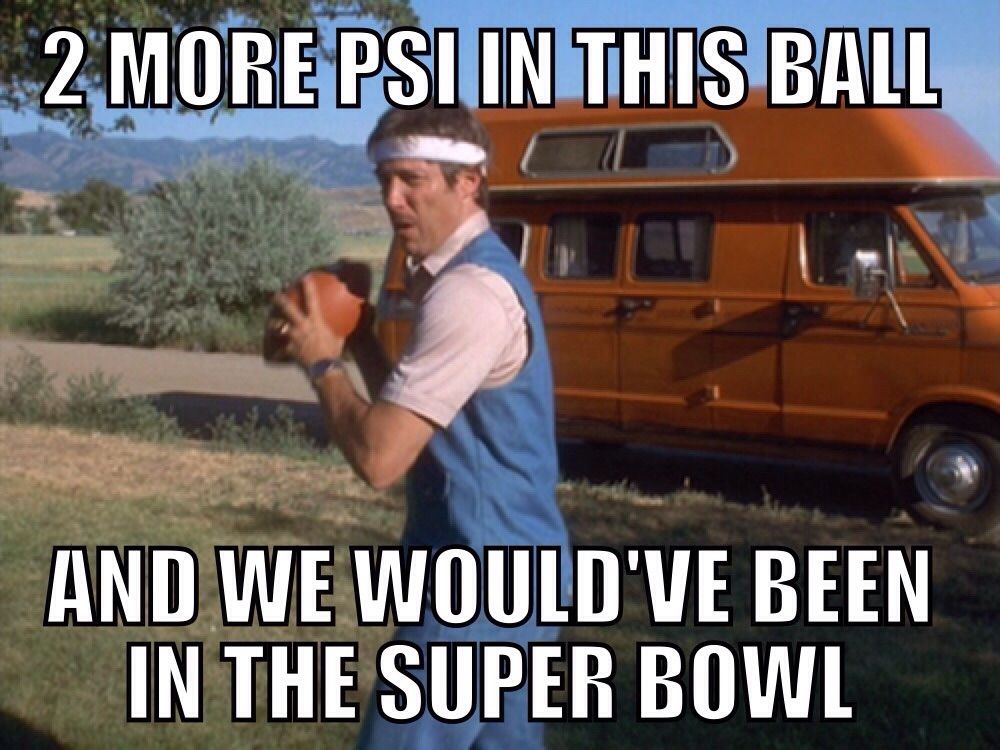God on Trial - Day 12
The Jury Deliberates: Can Religion Survive Reason?

Introduction
The evidence has been laid out.
We’ve heard the witnesses testify—prophets, historians, theologians, and scientists, each called to the stand in the court of public opinion. We’ve examined the sacred texts under the cold fluorescent light of cross-examination. We’ve tracked the flow of power and money that has kept pulpits gilded while the pews are filled with the faithful.
Now, the case moves to the jury. But unlike a jury of twelve in a paneled box, this one is global—billions of people, each with their own culture, upbringing, and preconceptions, all silently voting with their beliefs, their habits, and their willingness to question what they’ve been told.
The central question before them is deceptively simple:
Can religion survive when stripped of fear, tradition, and the promise of eternal reward?
Because without those pillars, the ornate cathedral of faith might just be an empty shell.
The Prosecution’s Case Recap
The prosecution has spent days building its case brick by brick.
- On factual reliability: The Bible, the Qur’an, and other sacred texts have failed as history books. Archaeological digs that should have unearthed proof of biblical events came up empty. Stories of a global flood, a six-day creation, or a sun that stood still don’t hold up to geological, astronomical, or biological scrutiny. Even the most generous interpretations can’t reconcile them with what we know about the universe.
- On moral consistency: Religions that claim to be moral compasses have sanctioned horrors that defy morality—slavery, the burning of heretics, suppression of women, forced conversions, and genocides justified as “God’s will.” When pushed, defenders say these were “different times,” yet they claim the moral code is eternal. That contradiction has been one of the prosecution’s sharpest tools.
- On social harm: From the Crusades to modern-day religious terrorism, the blood spilled in the name of God has been immeasurable. Even when not actively violent, religion has built walls between people, turning “nonbelievers” into second-class citizens. The prosecution argued that the very design of most faiths is divisive: the saved vs. the damned, the chosen vs. the lost.
The evidence wasn’t just philosophical. It was statistical, historical, and painfully human. Wars fought over sacred land. Courtrooms passing sentence based on doctrine instead of law. Families torn apart because one member left the faith.
The Defense’s Appeal
The defense, however, didn’t come to the trial empty-handed.
They leaned on the intangibles: the comfort of prayer in dark moments, the sense of belonging that comes from shared rituals, the moral guidance many say they received from faith. They reminded the jury that religion has built hospitals, driven abolition movements, inspired breathtaking art, and bound communities together for centuries.
But their case, while heartfelt, was rooted in personal experience and emotional resonance—not in evidence that could withstand rigorous scrutiny. They argued that faith exists beyond reason, as if this were a virtue. That the inability to prove God’s existence is somehow proof of His transcendent nature.
The defense’s appeal revealed something the prosecution had been pointing to all along: religion survives best where questioning is discouraged, where obedience is rewarded, and where the answers to the biggest questions are given before the questions are even asked.
Reason’s Quiet Revolution
Outside the courtroom, a quiet revolution has been brewing.
In countries where secularism has grown, measurable gains have been seen in education, gender equality, and social trust. In places like Scandinavia, where church attendance has plummeted, crime rates are low, literacy is high, and citizens enjoy some of the highest levels of life satisfaction in the world.
Reason does not burn books; it examines them. It does not ban belief; it tests it. Science has replaced superstition in medicine, technology, and policy-making—saving lives without invoking miracles. Ethical frameworks have evolved without the need for divine approval, based instead on empathy, human rights, and evidence-based decision-making.
Technology and communication have accelerated the erosion of religion’s monopoly on moral authority. A single online search can expose contradictions in doctrine. A video can show the abuses of a megachurch in real time. Global discourse allows a teenager in Kansas to question the same dogma as a scholar in Cairo, and find solidarity in their skepticism.
The Verdict So Far
If this were a conventional trial decided solely on evidence, the verdict would be swift: religion is guilty of overpromising and underdelivering. The prosecution’s case would stand without reasonable doubt.
But the jury—humanity—doesn’t deliberate like that. Facts are only part of the equation. Emotional investment, cultural identity, and deep-seated fear of the unknown play powerful roles. Many jurors cling to the comfort of a cosmic plan, to the idea that suffering has meaning, and to the hope that death is not the end.
The deliberation, then, is less about truth and more about readiness. Is humanity ready to step away from the scaffolding of belief and walk unaided into the uncertainty of reality? Or will we keep leaning on religion, even knowing the beams are rotting?
Why This Matters
Because the choice we make determines the shape of our future societies. If we cling to belief out of fear—fear of death, fear of purposelessness, fear of being wrong—we risk repeating the cycles of division, oppression, and dogma that have marked so much of human history. But if we move forward guided by reason, empathy, and shared humanity, we have a chance to create systems that serve everyone, not just the faithful. The verdict in this trial isn’t just about God—it’s about whether we can finally trust ourselves to be the architects of our own moral universe.
References
- Dawkins, R. (2006). The God Delusion. Bantam Press.
- Harris, S. (2004). The End of Faith: Religion, Terror, and the Future of Reason. W. W. Norton & Company.
- Zuckerman, P. (2020). Societies Without God: What the Least Religious Nations Can Tell Us About Contentment. NYU Press.
- Pew Research Center. (2019). In U.S., Decline of Christianity Continues at Rapid Pace. https://www.pewresearch.org/religion/2019/10/17/in-u-s-decline-of-christianity-continues-at-rapid-pace/
Disclaimer:
The views expressed in this post are opinions of the author for educational and commentary purposes only. They are not statements of fact about any individual or organization, and should not be construed as legal, medical, or financial advice. References to public figures and institutions are based on publicly available sources cited in the article. Any resemblance beyond these references is coincidental.











